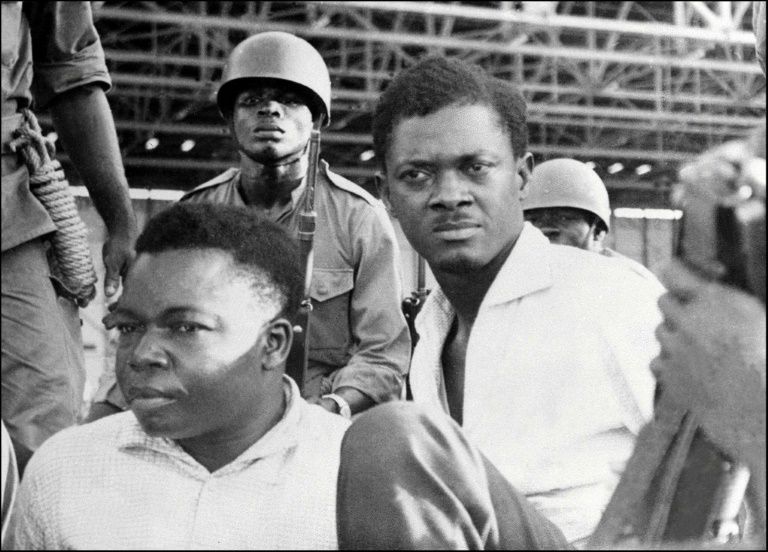
Daughter of Patrice Lumumba demands Belgium returns father’s ‘relics’

Juliana Amato Lumumba, the daughter of the DR Congo’s first Prime Minister Patrice Lumumba, urged Belgium to return her father’s “relics”, in a letter seen by AFP.
The “relics” mentioned in the letter to Belgium’s King Philippe are Patrice Lumumba’s teeth which were removed from his body following his assassination in 1961.
According to AFP, the letter was written on June 30, which happens to be the 60th anniversary of the independence of the Democratic Republic of Congo from Belgium.
“We, Lumumba’s children, call for the just return of the relics of Patrice Emery Lumumba to the land of his ancestors,” Juliana said in the letter.
Lumumba, an independence leader in the DR Congo, was named prime minister at the tender age of 34 but only served in the position for less than four months before he was overthrown. He was jailed, tortured and eventually killed by a firing squad acting under the orders of secessionists from the mineral-rich Katanga province.
20 years ago, a Belgian Police Commissioner, Gerard Soete, told AFP that he had decapitated Lumumba’s body and those of two others, Joseph Okito and Maurice Mpolo, and subsequently dissolved them in acid.
However, a documentary aired on German TV channel ARD had Soete showing two teeth that he said had belonged to Lumumba.
Four years ago, a Belgian academic, Ludo De Witte, lodged a legal complaint against Soete’s daughter after she showed a gold tooth, which she said had belonged to Lumumba, during an interview with a newspaper.
Juliana strongly criticised what she termed as vile statements made in Belgium about holding some of her father’s remains and told off the authorities’ vague response.
“The remains of Patrice Emery Lumumba are being used on the one hand as trophies by some of your fellow citizens, and on the other as funereal possessions sequestered by your kingdom’s judiciary.”
Belgium’s rule of the Congo was particularly brutal, and an estimated 10 to 15 million Africans were killed during the colonial period.






